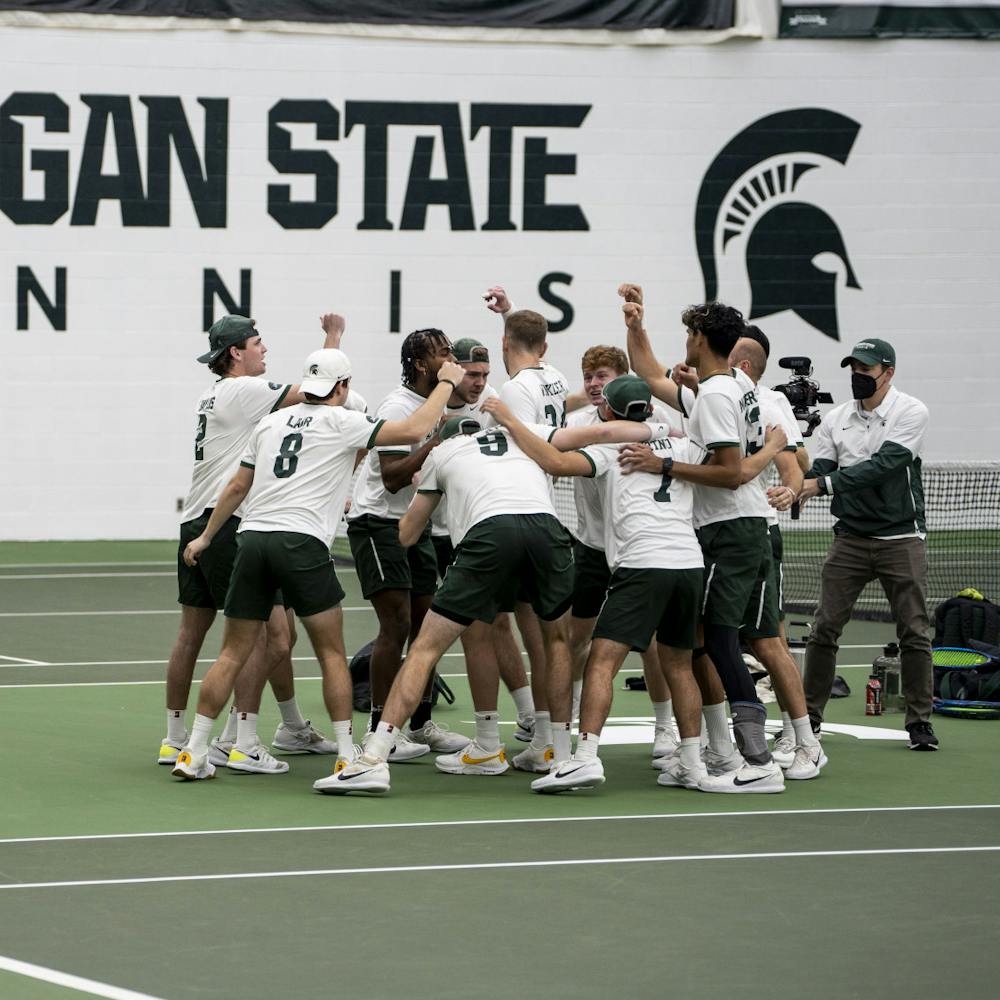The university’s academic staff will notice an increase in their pay checks this October, but reactions amongst the faculty are mixed as to whether the increase will move MSU’s historically underpaid professors up the Big Ten’s salary scale.
MSU ranked last in the Big Ten in average salary during the last school year, the Office of Planning and Budgets said.
This year, the university increased salaries by 5 percent for the third year in a row, despite a lower than expected state appropriation.
And MSU President M. Peter McPherson said it is a priority to raise faculty salaries to a more competitive level.
“We were very pleased to provide this support,” he said. “A strong faculty is essential to having a strong university.”
McPherson said having competitive salaries is an important part of recruiting and keeping an outstanding faculty, especially because universities often compete against each other for top professors.
“We are able to recruit outstanding people in every major from across the country,” he said.
Making salaries competitive is also important to MSU because about 40 percent of the faculty will reach retirement age in the next decade, McPherson said.
Still, some professors are concerned that salaries at MSU will not match other major universities in the region.
Maurice Bennink, a food science and human nutrition professor, said he was unsure if this year’s increase will be enough.
“I suspect Michigan State is falling behind,” he said, “Really competitive faculty members who want to move, will do so.”
Bennink said he doesn’t believe teacher salaries significantly contributed to the university’s rising costs, but he said other compensation for faculty, such as health care, is very good.
Mathematics professor Michael Frazier said the increases were reasonable, but they don’t put the faculty on par with other universities, such as the University of Michigan.
He also was concerned with the compensation provided for teaching assistants.
“Another concern of the administration should be focused on raises for teaching assistants,” he said. “That is something that has more likely been overlooked in past years.”
Psychology professor Norman Abeles, who served last year as chairman of the Executive Committee of Academic Council, said he hopes the increases are a small step toward making salaries more competitive in the Big Ten.
“I think President McPherson has made a commitment to do the best he can for the faculty even when times are very difficult,” he said.
Abeles said faculty, overall, are compensated well, even with increasing heath care costs.
MSU ranked fifth last year, in the Big Ten for total compensation, the Office of Planning and Budgets said.
“We hope to continue the trend of making improvements,” Abeles said. “But we still have quite a ways to go.”
Faculty have other ways to increase their pay.
Bob Banks, assistant provost for academic human resources, said individual faculty member raises will be based on merit.
He said there will be a 4 percent increase in the allocation to colleges and departments to be distributed based on merit.
A half percent increase for the market merit program, which is decided by each dean, and a half percent increase for the market merit program from the provost, make up the additional 1 percent.
“The general recognition is that the university, the president, the provost and the board have tried to respond in a tough budget year to improve faculty salaries,” Banks said.






